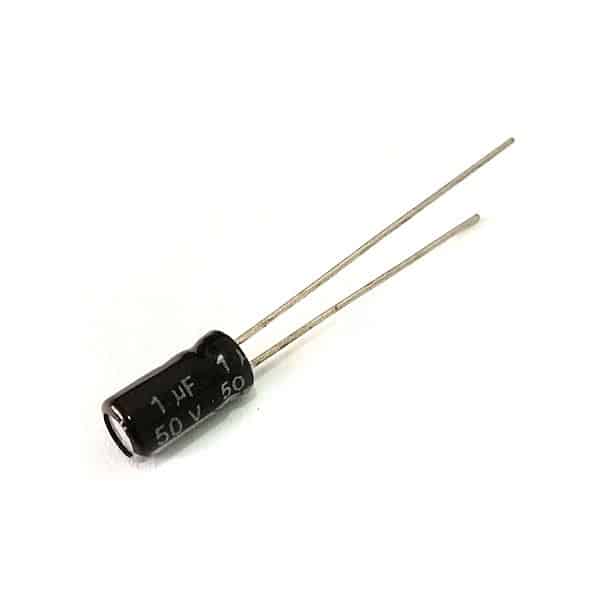
The Role of Capacitors: Unveiling the Mysteries of Current and Voltage Control
April 16, 2024In the realm of electrical engineering, capacitors play a pivotal role in various applications. These versatile components have the ability to store and release electrical energy, making them essential in numerous electronic devices. One common question that arises is whether capacitors control current or voltage. In this blog post, we will delve into the intricacies of capacitors and explore their influence on both current and voltage, shedding light on this intriguing topic.
- Capacitors and Current Control:
Contrary to popular belief, capacitors do not directly control current flow. Instead, they influence the behavior of current in a circuit. When a capacitor is connected in series with a load, it initially acts as an open circuit, preventing any current from flowing. However, as the capacitor charges, it allows current to pass through until it reaches its maximum charge. At this point, the capacitor behaves as a fully conductive element, enabling current to flow unhindered. Therefore, capacitors indirectly control current by regulating its flow based on their charging and discharging characteristics. - Capacitors and Voltage Control:
Capacitors, on the other hand, have a direct impact on voltage control. When a capacitor is connected in parallel with a load, it acts as a voltage stabilizer. During periods of high voltage, the capacitor charges up, absorbing excess electrical energy. As a result, the voltage across the load decreases, ensuring a steady and regulated voltage supply. Conversely, when the voltage drops, the capacitor discharges, releasing stored energy and compensating for the voltage decrease. This dynamic behavior of capacitors allows them to maintain a consistent voltage level, making them invaluable in voltage control applications. - Capacitors in Practical Applications:
Understanding the interplay between capacitors, current, and voltage opens up a world of practical applications. Capacitors find extensive use in power supply circuits, where they smooth out voltage fluctuations and filter out unwanted noise. In audio systems, capacitors are employed to block direct current (DC) while allowing alternating current (AC) to pass through, ensuring clear and distortion-free sound reproduction. Additionally, capacitors are crucial in timing circuits, oscillators, and motor control circuits, where they help regulate voltage levels and ensure smooth operation.
Conclusion:
In conclusion, capacitors do not directly control current but influence its behavior through their charging and discharging characteristics. On the other hand, capacitors play a vital role in voltage control, stabilizing voltage levels and compensating for fluctuations. By understanding the distinct functions of capacitors in current and voltage control, engineers can harness their potential in a wide range of applications. Whether it’s maintaining a stable power supply or ensuring optimal audio performance, capacitors prove to be indispensable components in the world of electrical engineering.